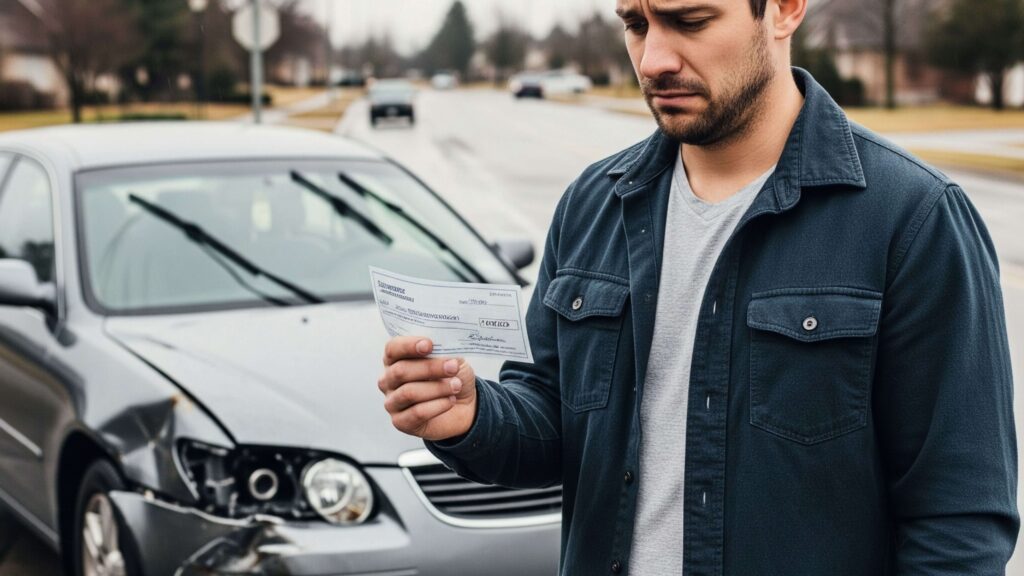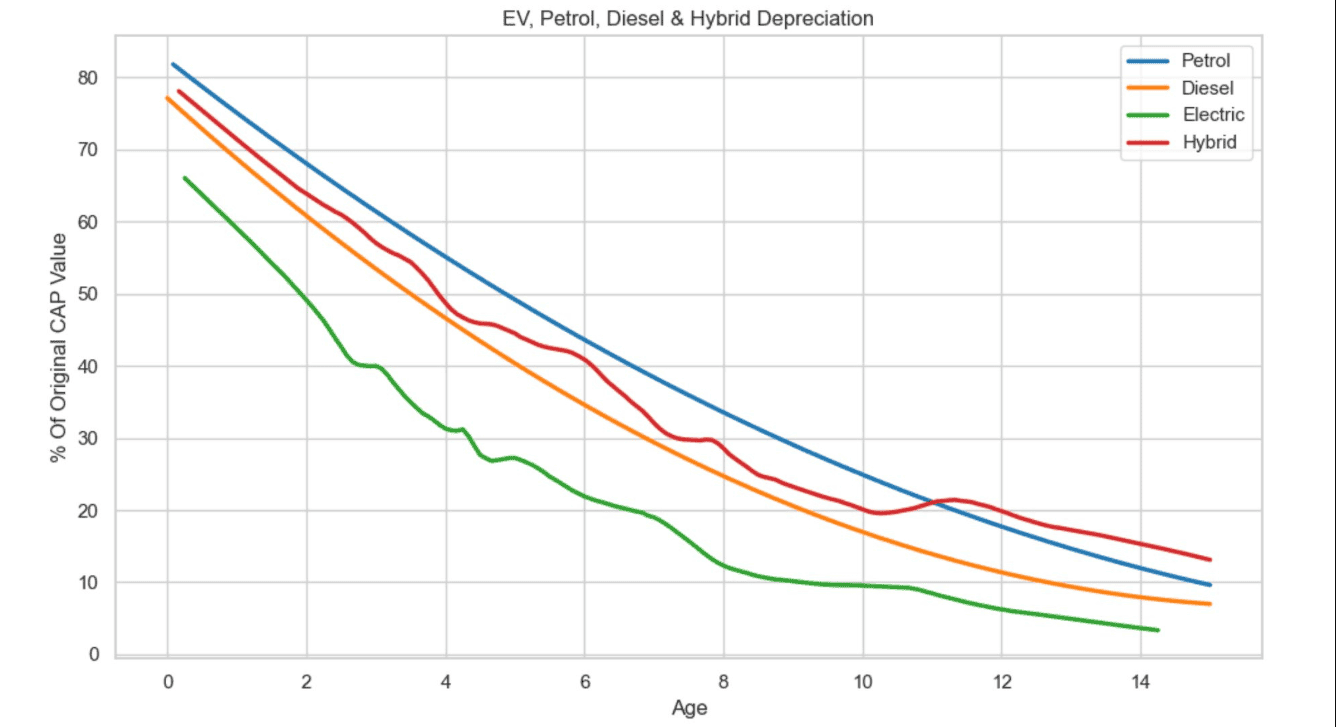Accidents create chaos, and insurers rush in fast with a claim settlement offer. Their goal isn’t protecting you — it’s closing your claim quickly and cheaply. Many drivers receive a settlement offer within days, often before the full damage is clear.
The danger? Saying “yes” too soon can trap you in an unfair settlement that costs thousands. Once you sign, you give up the right to fight back — even if repairs balloon, injuries linger, or your car’s value plunges.
This guide shows you how to:
- Spot why the first offer is rarely fair.
- Review damages, including diminished value.
- Compare numbers to market data.
- Strengthen your case with evidence.
- Know when to bring in professionals.
By the end, you’ll know how to protect yourself from an undervalued payout and avoid costly mistakes.
DOWNLOAD: “Claim Settlement Offer: How to Spot Lowball Payouts”.PDF
Understand How a Claim Settlement Offer Works
Settlement offers are strategy, not generosity. Insurers pay once, then block future claims. Diminished value is often excluded unless you demand it.

First offers are lowball by design. Quick acceptance means walking away underpaid.
Tactics they use:
- “This is the best we can do.”
- Quick checks that count as acceptance.
- Downplaying major damage as “cosmetic.”
Review Damages Before Accepting a Claim Settlement Offer
Repairs vs. Diminished Value – Fixes restore function, not resale price. Without using our diminished value claim calculator, you could lose thousands.
Medical bills – Therapy and complications drive costs far beyond early estimates. See CDC data on long-term injury costs.
Lost wages & out-of-pocket costs – Missed work, rentals, and rideshares pile up. The U.S. Department of Labor tracks lost wage standards that may help.
Non-economic losses – Stress and disruption matter in injury claims.
Compare a Claim Settlement Offer to Real Market Value
Use trusted tools – Check Kelley Blue Book, NADA Guides, Edmunds, and local dealer listings.
Factor in upgrades – New tires, tech, or low mileage raise value. Document everything with receipts and photos.
Why insurers undervalue – Internal models undercut real sales. Independent checks often reveal shocking gaps in a claim settlement offer.
Gather Evidence to Strengthen Your Case
- Repair invoices, photos, and police reports. These prove damage, severity, and fault.
- Independent appraisals. Outside experts expose undervalued numbers and provide credible diminished value or total loss assessments.
- Long-term records. Keep proof of mechanical issues or ongoing treatments that highlight hidden costs.
Consult a Professional Before Accepting

When to Hire an Appraiser
Independent appraisers are invaluable if:
- The insurer’s offer feels unreasonably low.
- You’re facing a total loss or diminished value claim.
- You own a high-value, classic, or customized vehicle.
A professional appraisal adds credibility and leverage during tough negotiations.
How State Laws Can Help
Some allow third-party diminished value claims or require fair negotiation. Learn more about consumer insurance rights from the NAIC
When to Bring in a Lawyer
For large or complex claims, an attorney can shield you from pressure tactics and fight for a fair payout.
Why the First Claim Settlement Offer Is Rarely Fair
- Finality. Most settlements include a release clause. Once signed, you can’t demand more money later.
- Leaving money behind. First offers are often shockingly 20–40% lower than what you could negotiate.
- Example: A driver accepted $9,000 for a totaled SUV. Comparable sales showed it was worth $12,500. That hasty decision cost them $3,500 they could never recover.
Smart Negotiation Tips Before Saying Yes
- Ask for a detailed breakdown. Request the full valuation sheet showing comps, depreciation, and deductions.
- Highlight missing damages. Point out if they skipped diminished value, upgrades, or rental costs.
- Stay professional. Calm, confident communication increases respect and results.
- Get a second opinion. Compare insurer numbers with an independent shop or appraiser to expose gaps.
Start with a Free Vehicle Estimate Before Choosing a Full Appraisal
Before you accept a settlement, remember: the first offer is rarely the best. Settling too soon can be a costly mistake. Always review damages, compare to market data, and support your case with strong evidence.
Independent appraisals, police reports, and documentation often turn a lowball payout into a fair settlement. If talks stall, bringing in a certified appraiser or lawyer gives you protection and peace of mind.
At Appraisal Engine, we deliver fast, accurate appraisals to help drivers secure fair compensation. Whether it’s diminished value, a total loss dispute, or a classic car valuation, our expertise ensures market-accurate numbers you can rely on.
Why Drivers Trust Us
✅ Patent-pending methodology for precise, efficient appraisals
✅ Specialists in diminished value and total loss claims
✅ Flexible options: in-person or desk appraisals
✅ Free claim reviews to help maximize your payout
Every settlement decision is final — and costly if you choose wrong. Don’t let a rushed, lowball offer decide your future. Protect your payout, protect your peace of mind, and demand the fair value your vehicle truly deserves.
Request a free vehicle estimate today or learn how 2025 auto tariffs are affecting value with our post on How to Get a Higher ACV From Insurance After a Crash.





